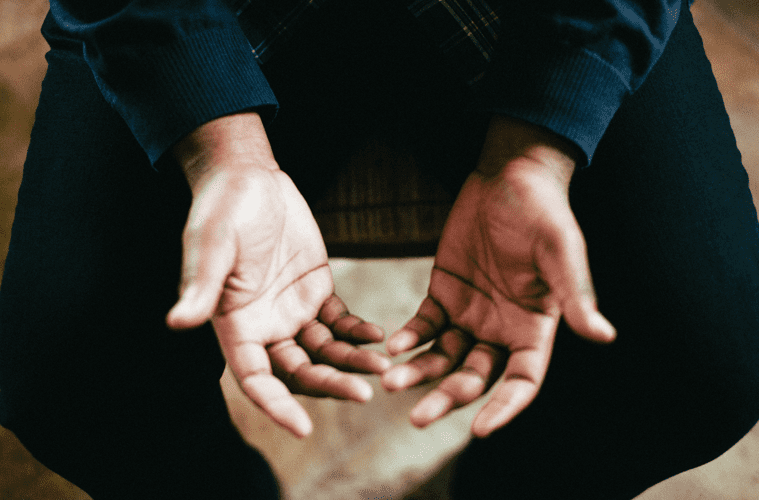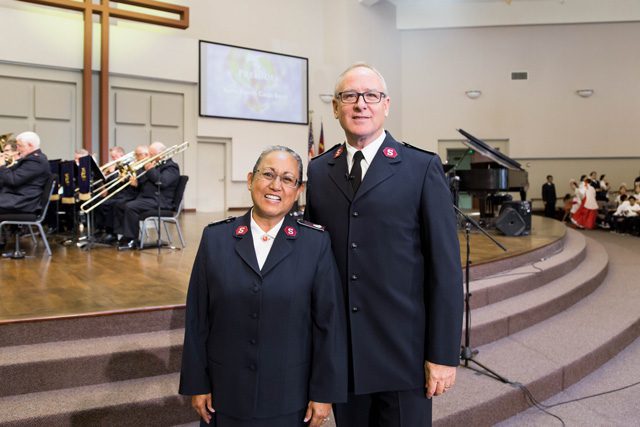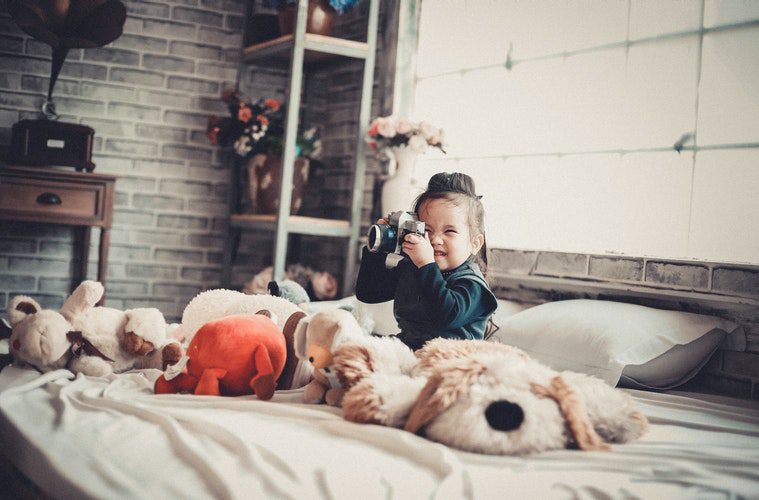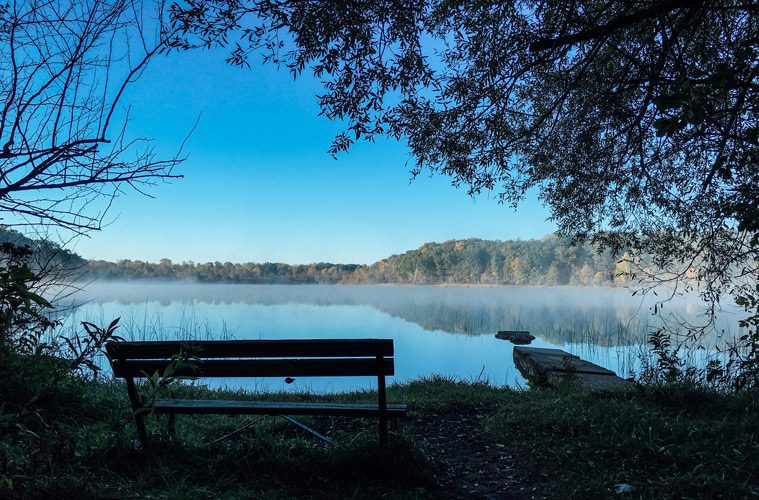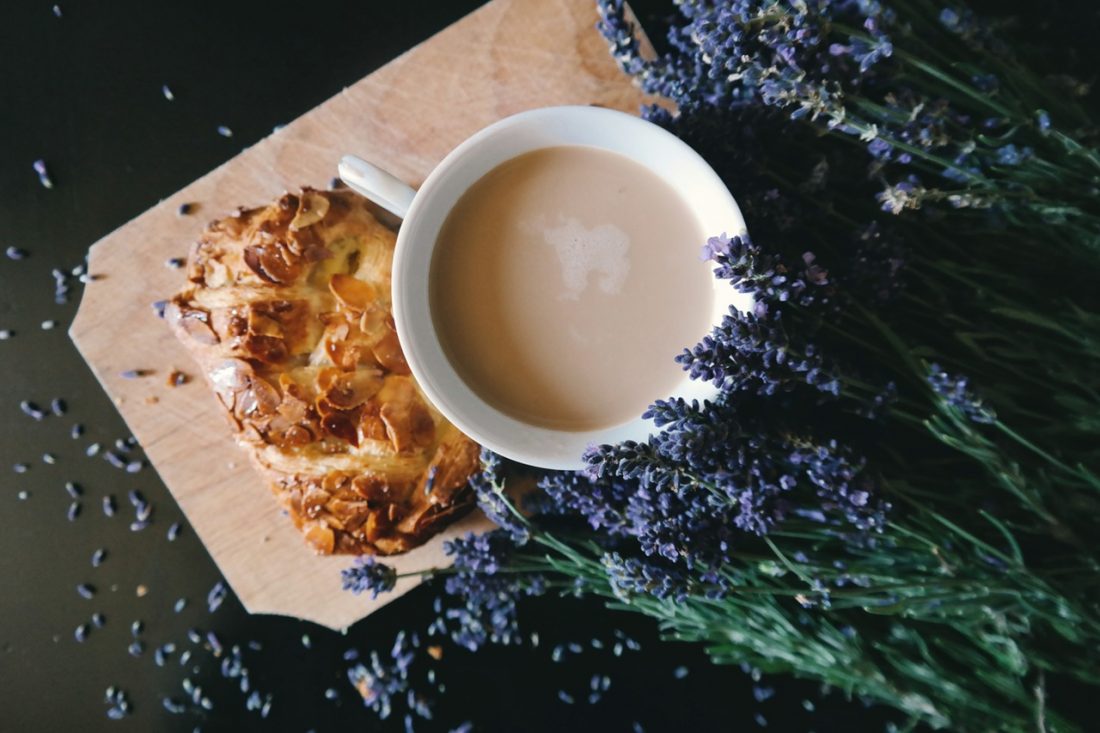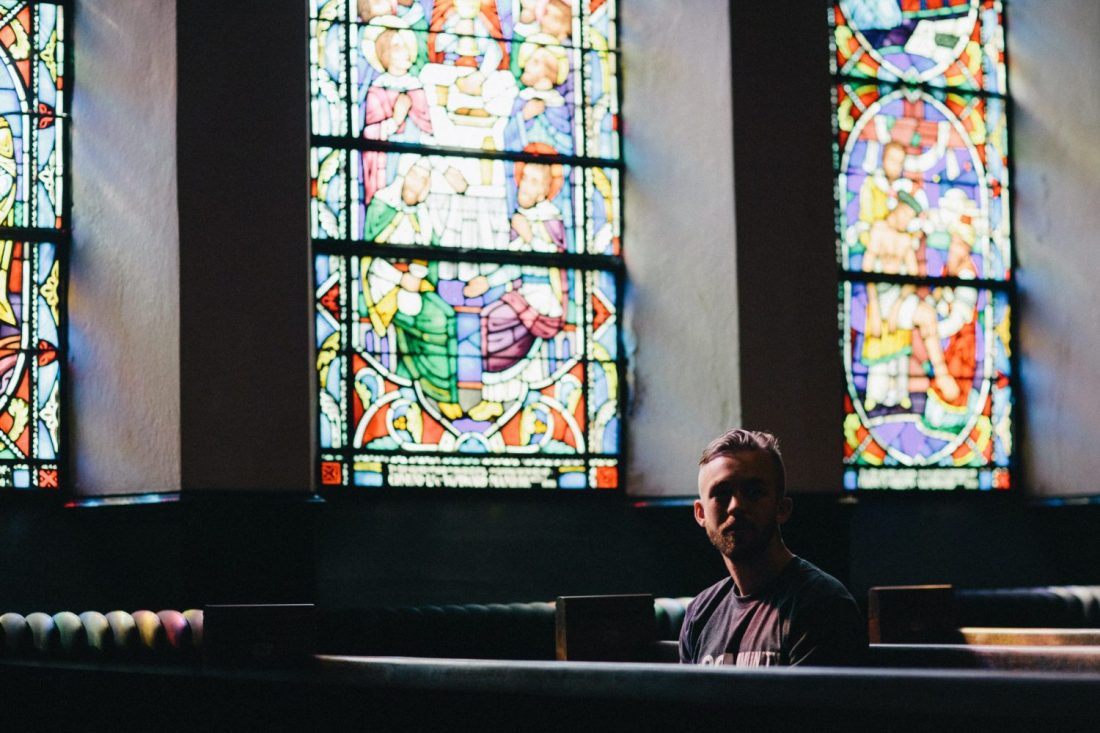Listen to this article
Listen to this article
Loading
Play
Pause
Options
0:00
-:--
1x
Playback Speed- 0.5
- 0.6
- 0.7
- 0.8
- 0.9
- 1
- 1.1
- 1.2
- 1.3
- 1.5
- 2
Audio Language
- English
- French
- German
- Italian
- Spanish
Open text
hands that heal. would it be wrong to assume that children, newly brought into life, possess an understanding of life so innate that we ought to pause and notice what it is that they do so well? it begins with their hands. before they know the alphabet or how to count to 10, they crawl, they grab, they eat, they play with their hands. then, as they grow, they learn to count on their fingers, they paint imaginary worlds with their hands, they break down walls—albeit lego walls—with their hands, they reach for love with their hands. there is an art to the essence and simplicity of living with our hands. it doesn’t seem like a coincidence when nelson mandela said, “we can change the world and make it a better place. it is in your hands to make a difference.” it is in your hands to make a difference. from the time we entered the world to when we depart from it, we would have used our hands to create, to destroy, to plant, to hurt, to heal, to give, to care, to create. every milestone of life is marked with some kind of production from our hands. relationships start with a handshake and evolve into a handhold. we discovered that gardening is dirty handiwork that welcomes new life having started with a seed we buried into the dirt. hands have given pain in the form of a fist, and they have given healing in the form of an open, asking gesture. they have created masterpieces in metropolises, in the kitchen, on a canvas. consider the last time you used your hands. was it life-giving? now, think about the last time you felt truly alive. did that time include using your hands to create? there is something not only innately childlike, but even innately human about using our hands. nowadays, we’re all about the next big thing, being the next big thing. we want to make a difference without getting to the process of figuring out what really makes a difference. we want to see the tree that we planted without getting our hands dirty. so we imitate. we copy and paste what we see is somewhat successful only to come out with something that ends up cut-and-dry. but, the truth is, we end up not being a part of it at all. where we miss out is on the unearthing when our hands engage with the earth. when we garden, we enter into a process that requires patience, perseverance and productivity. it isn’t that immediately extraordinary thing that we invest our dreams in because it makes sense rationally, or because it promises the greatest outcome. rather, it’s the thing, that with simple and constant care, will eventually surprise you with its outcome. something happens when we turn something ordinary into something extraordinary. the secret ingredient? making the extraordinary ordinary. okay, but what does that mean? it means that we need to be okay with being uncomfortable, getting our hands dirty, and expanding our perspective on things. it means being on the ground and realizing that the extraordinary moments are the ones that we choose to see. it’s not only about the outcome; it’s about everything that happens to get there.
Open context player
Close context player
Plays:-Audio plays count
hands that heal. would it be wrong to assume that children, newly brought into life, possess an understanding of life so innate that we ought to pause and notice what it is that they do so well? it begins with their hands. before they know the alphabet or how to count to 10, they crawl, they grab, they eat, they play with their hands. then, as they grow, they learn to count on their fingers, they paint imaginary worlds with their hands, they break down walls—albeit lego walls—with their hands, they reach for love with their hands. there is an art to the essence and simplicity of living with our hands. it doesn’t seem like a coincidence when nelson mandela said, “we can change the world and make it a better place. it is in your hands to make a difference.” it is in your hands to make a difference. from the time we entered the world to when we depart from it, we would have used our hands to create, to destroy, to plant, to hurt, to heal, to give, to care, to create. every milestone of life is marked with some kind of production from our hands. relationships start with a handshake and evolve into a handhold. we discovered that gardening is dirty handiwork that welcomes new life having started with a seed we buried into the dirt. hands have given pain in the form of a fist, and they have given healing in the form of an open, asking gesture. they have created masterpieces in metropolises, in the kitchen, on a canvas. consider the last time you used your hands. was it life-giving? now, think about the last time you felt truly alive. did that time include using your hands to create? there is something not only innately childlike, but even innately human about using our hands. nowadays, we’re all about the next big thing, being the next big thing. we want to make a difference without getting to the process of figuring out what really makes a difference. we want to see the tree that we planted without getting our hands dirty. so we imitate. we copy and paste what we see is somewhat successful only to come out with something that ends up cut-and-dry. but, the truth is, we end up not being a part of it at all. where we miss out is on the unearthing when our hands engage with the earth. when we garden, we enter into a process that requires patience, perseverance and productivity. it isn’t that immediately extraordinary thing that we invest our dreams in because it makes sense rationally, or because it promises the greatest outcome. rather, it’s the thing, that with simple and constant care, will eventually surprise you with its outcome. something happens when we turn something ordinary into something extraordinary. the secret ingredient? making the extraordinary ordinary. okay, but what does that mean? it means that we need to be okay with being uncomfortable, getting our hands dirty, and expanding our perspective on things. it means being on the ground and realizing that the extraordinary moments are the ones that we choose to see. it’s not only about the outcome; it’s about everything that happens to get there.
Listen to this article











